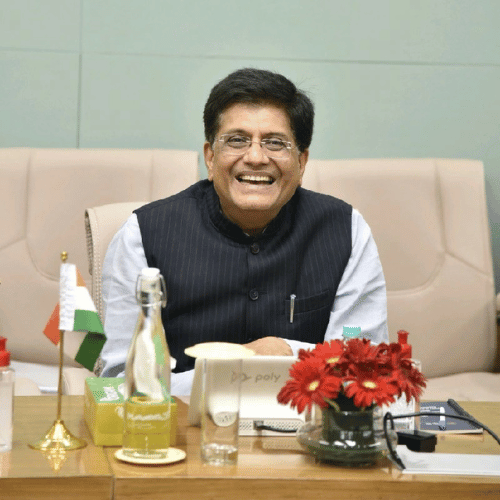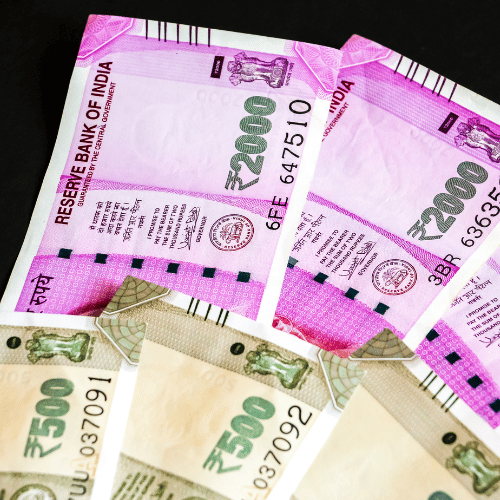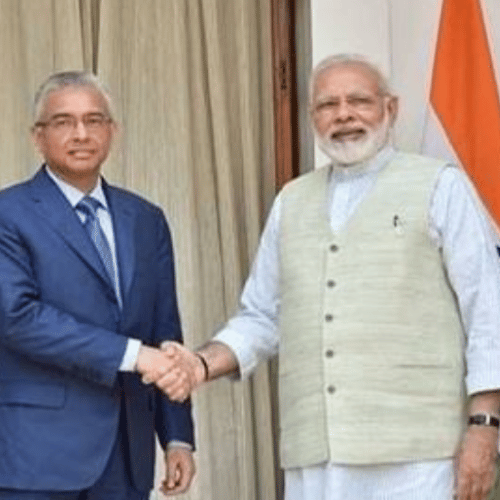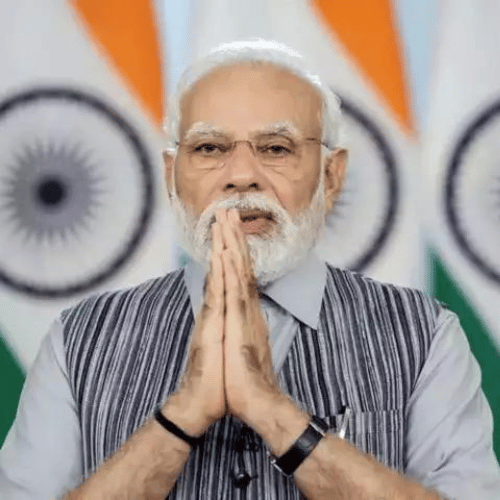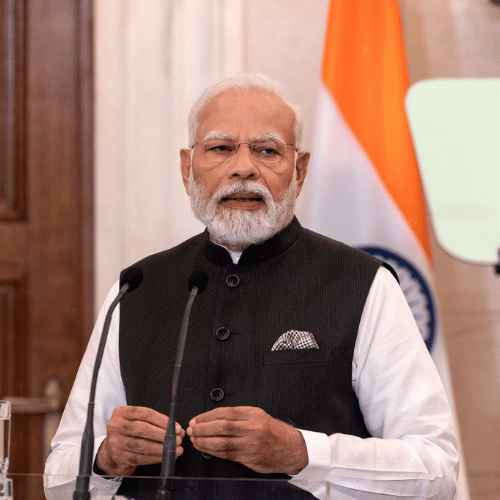Chief Justice of India DY Chandrachud headed a five-member Supreme Court bench that determined that Article 370 was a measure meant to facilitate Jammu and Kashmir’s unification with India, but only temporarily.
Today, the Supreme Court scheduled elections for the following year and supported the Center’s decision to remove Jammu and Kashmir’s special status under Article 370 of the Constitution.
Chief Justice of India DY Chandrachud read out a majority ruling from the Supreme Court, stating that Article 370 was a temporary measure to facilitate Jammu and Kashmir’s unification with India.
The Supreme Court ordered state elections for September 30, 2024, and declared that Jammu and Kashmir should be treated on the same footing as other states “as soon as possible.”
The Supreme Court explained its ruling by stating that Jammu and Kashmir lost its sovereignty when it joined India and that its constituent parliament was dissolved at the time of the merger.
“It was not the intention for the J&K Constituent Assembly to exist indefinitely. All it was intended to do was draft the Constitution. Chief Justice Chandrachud stated that the President was not required to follow the Constituent Assembly’s recommendation.
On the other hand, the Supreme Court clarified why the state maintained its unique character even after merging with India, even if it lacked “internal sovereignty.”.
“The unique circumstances that led to the introduction of Article 370 vanished together with the constituent assembly. However, the state’s circumstances persisted, and as a result, the Article was upheld by the Supreme Court.
“Legal and executive authority are available to every state in the union, though to varying extents. Some instances of specific agreements for various states are included in Articles 371A through 371J. An illustration of asymmetric federalism is this. The Supreme Court declared that Jammu and Kashmir shares no unique internal sovereignty with other states.
The bench rendered three distinct rulings: Chief Justice Chandrachud wrote the first on behalf of Justice BR Gavai, Justice Surya Kant, and himself; Justice Sanjay Kishan Kaul concurred in the second verdict; and Justice Sanjiv Khanna concurred in the third.
Jammu and Kashmir was granted its own constitution and the authority to make decisions on all issues except foreign policy, communications, and defense under Article 370. The state’s unique status was terminated when it was removed.
Article 35A, which was contained in Article 370, provided the former state with the authority to determine who it recognized as permanent residents and granted them specific rights, such as the ability to work for the government and own property.
The Supreme Court declared that as the reorganization of Jammu and Kashmir into a Union Territory was only a temporary measure pending elections and the restoration of statehood, it was not essential to investigate whether it was legal.









